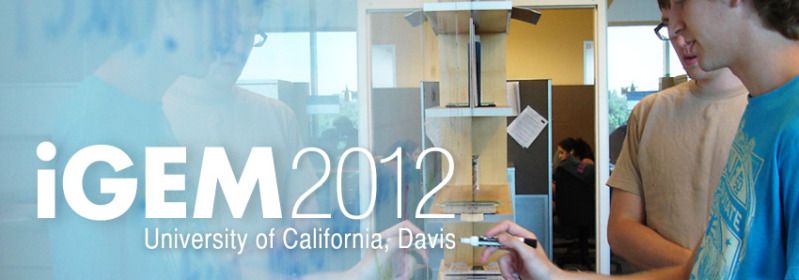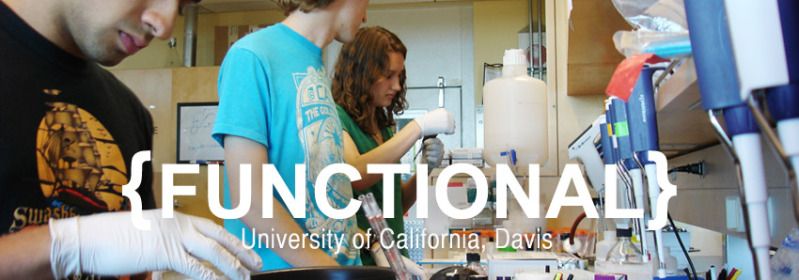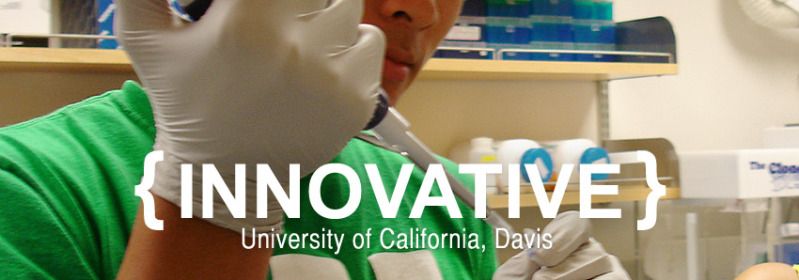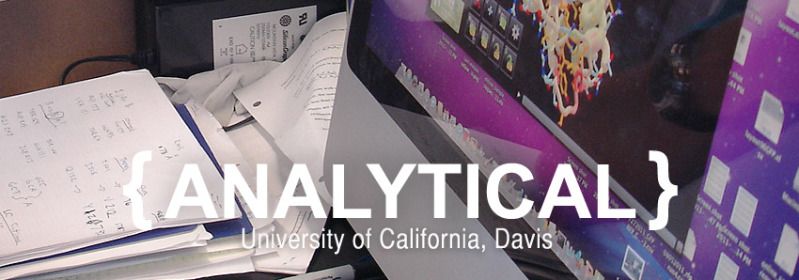Team:UC Davis
From 2012.igem.org
(Difference between revisions)
| Line 1,007: | Line 1,007: | ||
<li ><a href="https://2012.igem.org/Team:UC_Davis/Project">Project Overview</a></li> | <li ><a href="https://2012.igem.org/Team:UC_Davis/Project">Project Overview</a></li> | ||
<li ><a href="https://2012.igem.org/Team:UC_Davis/Project/Catalyst">Module Engineering</a></li> | <li ><a href="https://2012.igem.org/Team:UC_Davis/Project/Catalyst">Module Engineering</a></li> | ||
| + | <li ><a href="https://2012.igem.org/Team:UC_Davis/Project/Protein_Engineering">Protein Engineering</a></li> | ||
<li ><a title="https://2012.igem.org/Team:UC_Davis/Project/Strain">Chassis Engineering </a> | <li ><a title="https://2012.igem.org/Team:UC_Davis/Project/Strain">Chassis Engineering </a> | ||
<ul> | <ul> | ||
| Line 1,014: | Line 1,015: | ||
</ul> | </ul> | ||
</li> | </li> | ||
| - | |||
</ul> | </ul> | ||
</li> | </li> | ||
Revision as of 21:28, 2 October 2012




Welcome
Welcome to iGEM 2012 at UC Davis!
This year's UC Davis team is composed of ten undergraduates, two advisors, and a graduate student. We come from different areas of study, but we're all working together on this year's synthetic biology project. Due to the global impact of plastic pollution, we have decided to focus on biodegradation of polyethylene terephthalate (PET). PET is a commonly and widely used plastic, but only a small percentage of them are recycled, meaning a majority of the trash ends up in landfills and the oceans. It is a global issue, and achieving our goal would have a big impact on the issue of plastic degradation. "
"


















